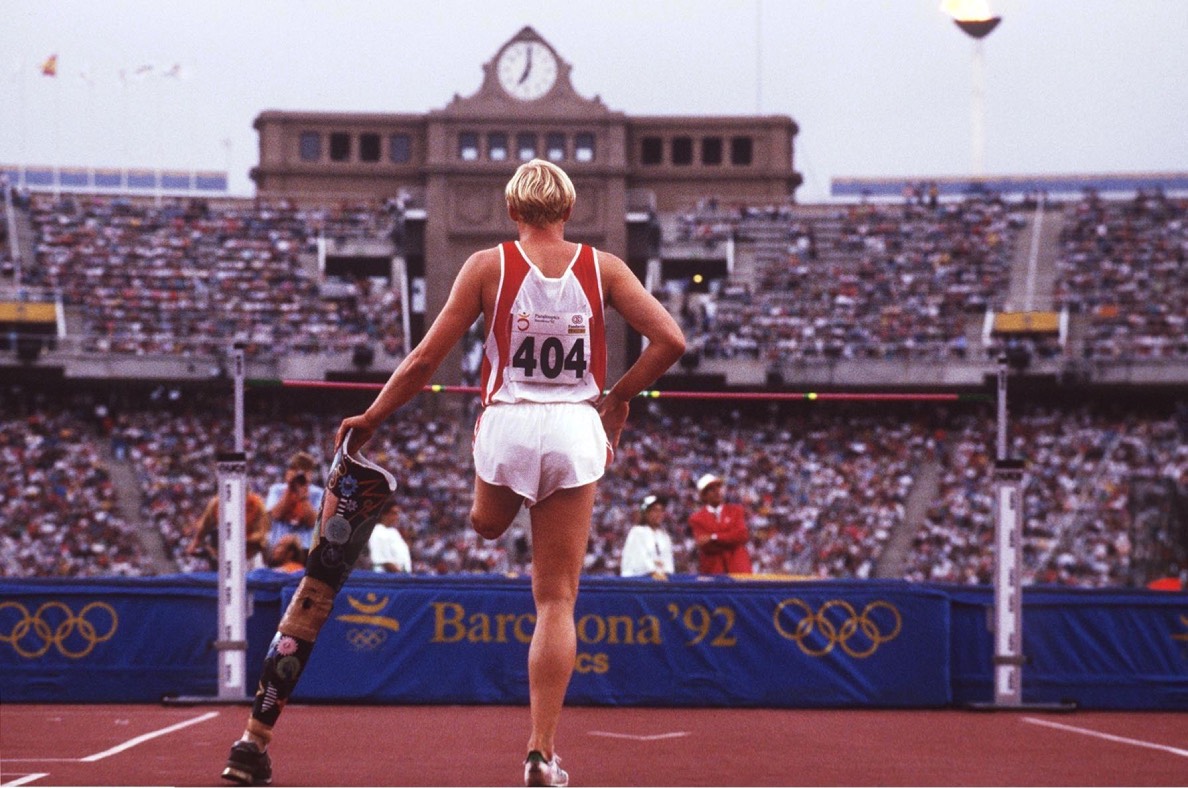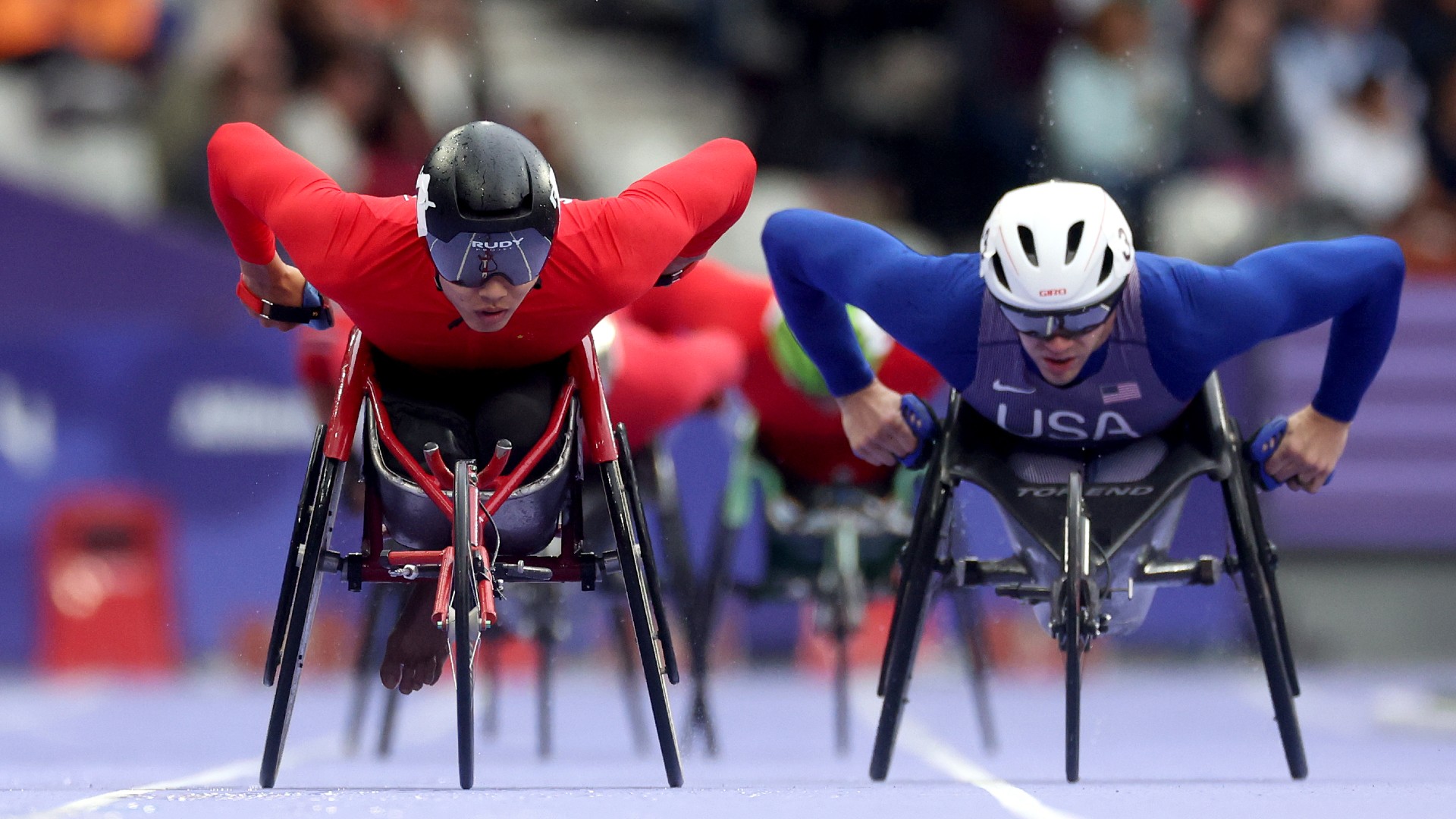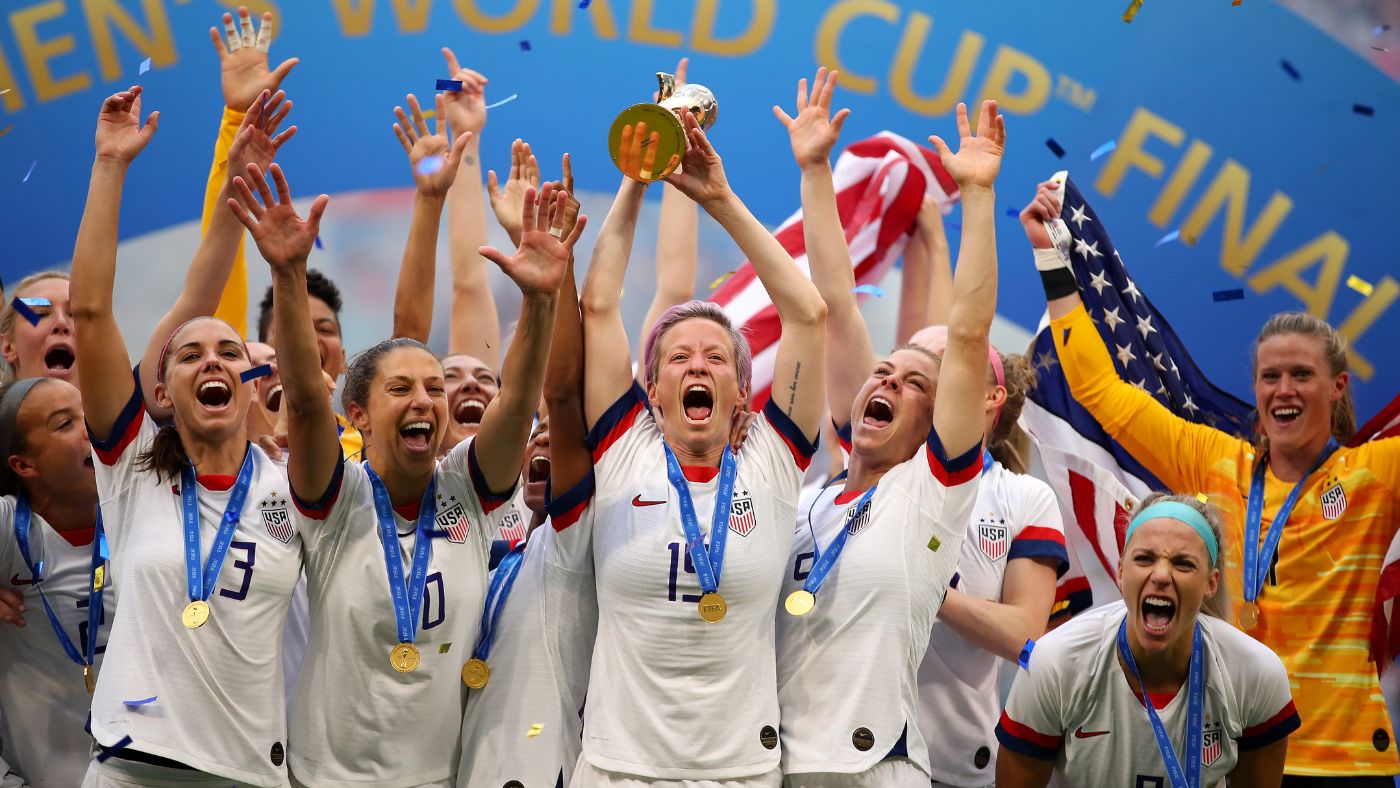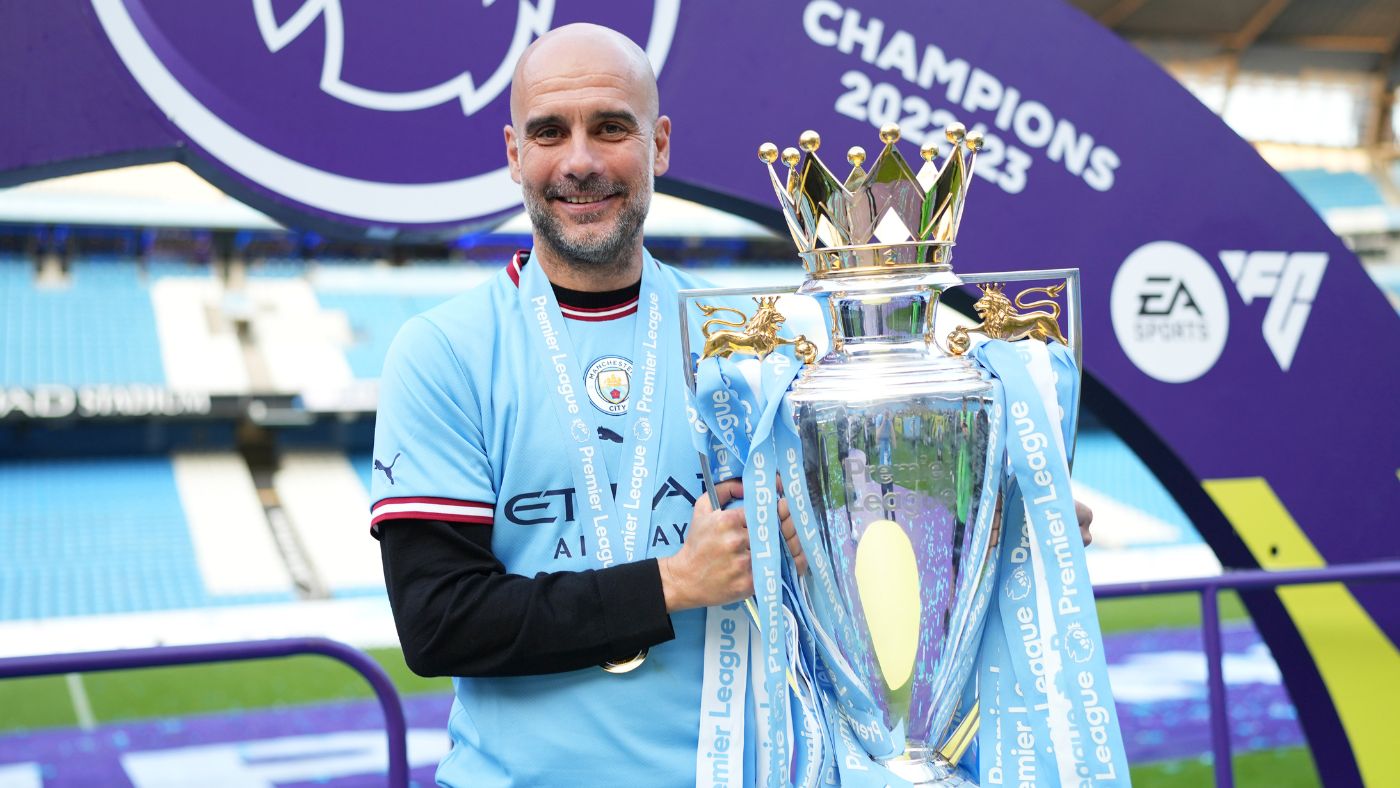Timeline: a history of the Paralympics
Starting this week in Tokyo, the Paralympic Games has its origins in post-war Britain

A free daily email with the biggest news stories of the day – and the best features from TheWeek.com
You are now subscribed
Your newsletter sign-up was successful
The Tokyo Paralympic Games, which starts on Tuesday, will feature around 4,400 athletes competing in 539 medal events across 22 sports.
The Paralympic movement dates back only as far as 1948, when Sir Ludwig Guttmann introduced the first Stoke Mandeville Games for Second World War veterans with spinal cord-related injuries.
Here we take a look at the history of the Paralympics and the key moments:
The Week
Escape your echo chamber. Get the facts behind the news, plus analysis from multiple perspectives.

Sign up for The Week's Free Newsletters
From our morning news briefing to a weekly Good News Newsletter, get the best of The Week delivered directly to your inbox.
From our morning news briefing to a weekly Good News Newsletter, get the best of The Week delivered directly to your inbox.
Timeline of the Paralympic Games
1904
Prior to the Paralympics and its forerunner, athletes with disabilities sometimes competed at the Olympic Games. The first athlete to do so was German-American gymnast George Eyser in 1904, who took part with one artificial leg.
1948
After the Second World War, neurologists at the spinal injuries unit at Stoke Mandeville Hospital used sport as part of their patient rehabilitation programmes. In 1948, the Stoke Mandeville Games were held at Stoke Mandeville Hospital in Aylesbury to coincide with the London Olympics. Wheelchair-using archers drawn from paralysed British Second World War veterans competed.
A free daily email with the biggest news stories of the day – and the best features from TheWeek.com
1952
The Paralympics became international, when Dutch war veterans took part in the tournament, by now it was known as the International Stoke Mandeville Games.
1960
The International Stoke Mandeville Games was held at the same site as the Olympic Games in Rome. Around 400 athletes from 23 countries participated, competing in snooker, swimming, fencing, javelin and Indian club throwing.
1976
For the event in Montreal, entry was widened to include not just wheelchair athletes but amputees and the visually impaired. In the same year, the first ever Paralympics Winter Games took place in Sweden.
1988
The Paralympics and Olympics were both held in Seoul, Korea – the first time they were held in same country. After the tournament, one senior official noted how the competitors were now being regarded as “athletes rather than patients”.
1989
The International Paralympic Committee was founded.
1992
The 1992 Winter Paralympics in Tignes and Albertville, France, became the first winter games to use the same facilities as the Winter Olympics.
2000
After the 2000 Sydney games, an investigation found that several members of the gold medal-winning Spanish basketball intellectually disabled team were not disabled.
2004
Trischa Zorn of the United States bows out of the Paralympics after 24 years. She had won a record 55 medals, 41 of which were gold.
2012
With the event returning to London, 4,237 competitors from more than 100 countries fought it out across 20 sports. The games’ official mascot was called Mandeville.
2021
UK broadcaster Channel 4 will host more than 300 hours of round-the-clock coverage of the Tokyo Paralympics. More than 70% of Channel 4 presenting team are disabled.
-
 The Olympic timekeepers keeping the Games on track
The Olympic timekeepers keeping the Games on trackUnder the Radar Swiss watchmaking giant Omega has been at the finish line of every Olympic Games for nearly 100 years
-
 Will increasing tensions with Iran boil over into war?
Will increasing tensions with Iran boil over into war?Today’s Big Question President Donald Trump has recently been threatening the country
-
 Corruption: The spy sheikh and the president
Corruption: The spy sheikh and the presidentFeature Trump is at the center of another scandal
-
 Paralympics: can Team USA turn things around for Los Angeles 2028?
Paralympics: can Team USA turn things around for Los Angeles 2028?Today's Big Question Beijing and London offer model for how hosting can lead to medal success as China maintains dominance
-
 2023 Fifa Women’s World Cup: fixtures, groups and UK TV coverage
2023 Fifa Women’s World Cup: fixtures, groups and UK TV coveragefeature Tournament in Australia and New Zealand will be broadcast live on the BBC and ITV
-
 ‘Genuine visionary’: is Pep Guardiola the greatest of all time?
‘Genuine visionary’: is Pep Guardiola the greatest of all time?feature Spaniard has now won two trebles following Man City’s Champions League triumph
-
 Champions League final: Man City vs. Inter predictions and preview
Champions League final: Man City vs. Inter predictions and previewfeature Can Guardiola’s team finally win the Champions League and complete a historic treble?
-
 Luton Town’s extraordinary ‘resurrection’
Luton Town’s extraordinary ‘resurrection’feature The Hatters complete a fairy tale rise from non-league to the Premier League
-
 Man City: can ‘one of the best sides in history’ win the treble?
Man City: can ‘one of the best sides in history’ win the treble?feature Guardiola’s Premier League champions have two more trophies in their sights
-
 Michael Smith’s nine-darter: how darts fans reacted to the ‘greatest leg of all time’
Michael Smith’s nine-darter: how darts fans reacted to the ‘greatest leg of all time’feature It was a magical night for Smith as he beat Michael van Gerwen to win first world title
-
 Where will Cristiano Ronaldo go next?
Where will Cristiano Ronaldo go next?feature Portugal captain has been linked with a mega-money move to Saudi Arabia